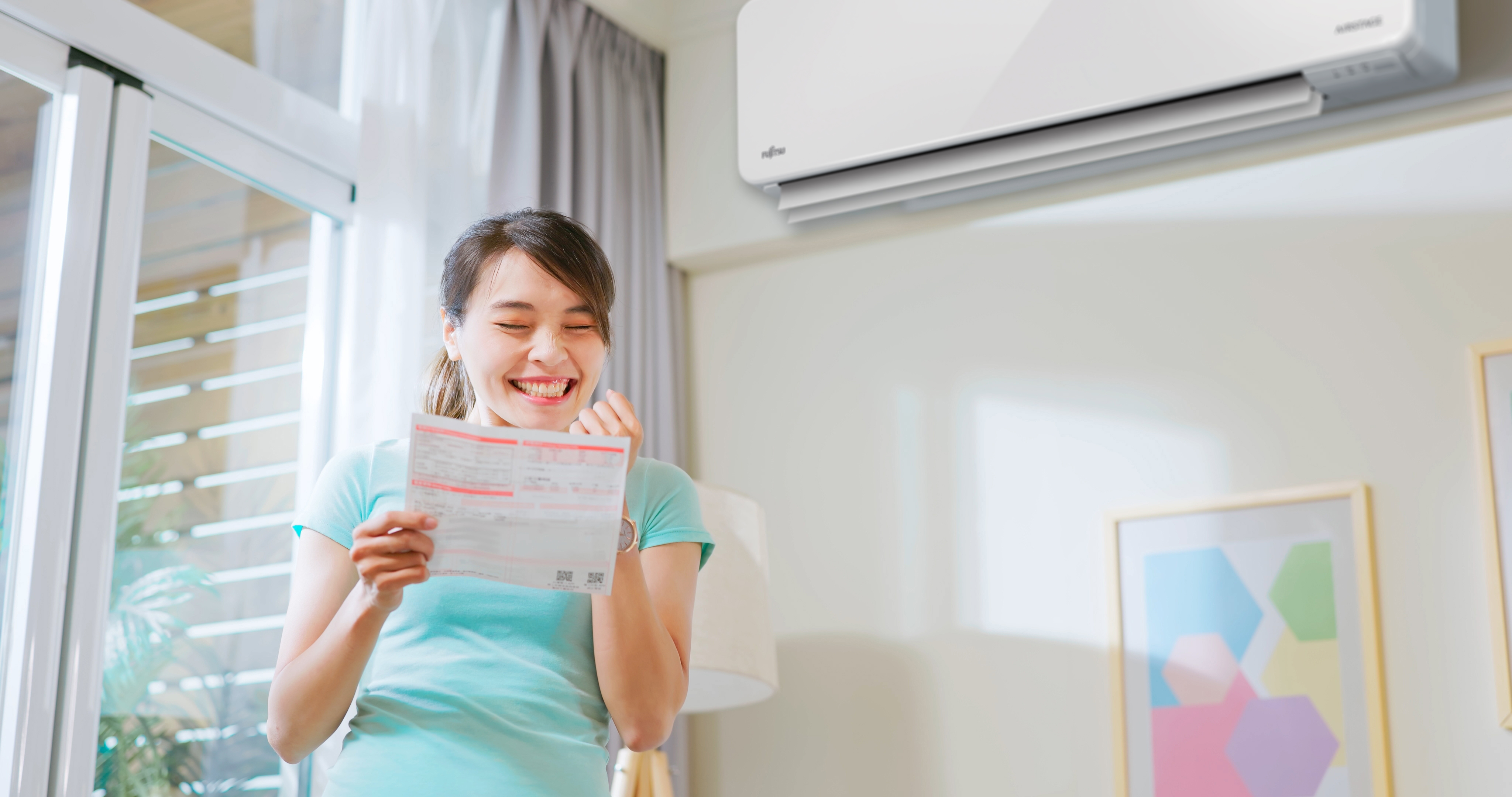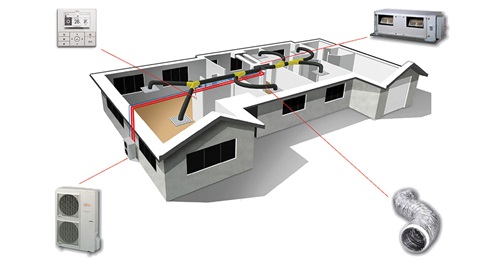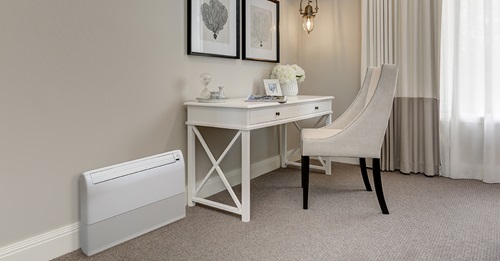Cut Costs with Energy Efficient Split System Air Conditioners

As the chill of the Australian winter settles in, it’s important to discuss not just heating methods that deliver the warmth we crave, but also those that promise the benefits of energy efficiency and cost savings. With high inflation and the cost of living steadily rising, many families find themselves in a financial squeeze, yet the need for a warm home remains a necessity.
According to the Australian Bureau of Statistics (ABS), we should expect stubbornly high inflation[1] for the time being, which inevitably means increased costs across the board, including our energy bills. Financial pain is expected to hit consumers after the Australian Energy Regulator (AER) announced electricity price to rise between 20 and 25 per cent from 1 July 2023.[2]
Despite these financial burdens, maintaining a comfortable home temperature during winter is achievable. By understanding the energy efficiency of different heating methods and making sensible adjustments, households can avoid skyrocketing energy bills.
Air conditioning versus other heating methods
Sustainability Victoria has produced a guide which highlights the benefits of keeping your home warm throughout the colder months can be a significant household expense, with the total cost greatly dependent on the heating method you choose. In Australia, the use of multi split system air conditioning is a popular method and one of the most efficient ways for heating the home, and it’s easy to see why.
To break down the cost for a small house 100m2, consider these June 2023 figures from Sustainability Victoria, [3] a 2.5-star multi split reverse cycle air conditioner can result in an annual energy cost of $629. This is considerably lower compared to some gas heating options, such as a 3-star gas ducted system, which costs about $1,704 annually.
These savings become even more apparent in larger homes. For a medium 160m² house, a 2.5-star multi split reverse cycle air conditioner has an average annual cost of $1,007, while a 3-star gas ducted (unzoned) system would rise to $2,547. In a large 220m² house, the cost of a 2.5-star multi split reverse cycle air conditioner costs $1,384 annually, which is much less than the $3,368 for a 3-star gas ducted (unzoned) system.
How to enhance the energy efficiency of your air conditioner
While both gas and electricity costs are rising, removing gas and electrifying your home can save you money in more ways than one. Recent research by Renew [4] has shown that swapping a gas heater in favour of a split system/reverse cycle air conditioner (without solar panels), can lead to generous savings each year, depending on where you live. For example, the research reveals savings of up to $546 (Canberra); $440 (Adelaide); $409 (Melbourne); and $256 (Perth).
However, performance can greatly differ between models. Modern units particularly stand out for their energy efficiency during colder months. To optimise their use and manage energy expenses without sacrificing comfort, homeowners can leverage the smart features of these units. This not only reduces running costs but also enhances overall efficiency. Fujitsu General split system air conditioners, like the Lifestyle range, also offer advanced energy-efficient features like human sensor control, economy mode and weekly timers.
- Human sensor control
Fujitsu General’s Lifestyle range features a human sensor control that lets your air conditioner switch to an energy-saving mode after 20 minutes of detecting no motion in the room. This prevents energy waste when the room is unoccupied. To use this feature effectively, ensure the motion sensor has a clear view of the room.
- Economy mode
Economy mode is designed to balance comfort with energy consumption. It slightly alters the target temperature, typically by a single degree. This change in temperature reduces the load on the compressor, lowering its energy consumption. Even though this adjustment may seem minimal, over time it can lead to significant energy savings
- Weekly timers / timers modes
Weekly timers let you program your air conditioner's operating hours for each day of the week. By matching the air conditioner’s operation to your weekly schedule, the unit is only working when you need it. For example, program your unit to turn off during the day when you’re at work and to turn on before you arrive home. This not only reduces energy use but also decreases wear and tear, which can extend your unit’s lifespan.
Beat the chill without the bill
In the current challenging economic times, the choice to embrace energy efficiency is a smart move. Enhanced by the availability of state-based rebates introduced in 2023[5], the transition from gas heating to split system air conditioning becomes even more affordable. Now is an excellent opportunity to reconsider your heating system and make the switch with Fujitsu General.
To further optimise the use of your air conditioner and reduce your bills, watch our video How to efficiently operate your air conditioner.
For more information, or to find out what air conditioning unit is right for your home, visit www.fujitsugeneral.com.au or contact Fujitsu General on 1300 882 201.

.tmb-tmb420.jpg?sfvrsn=5c4be2e1_1)


